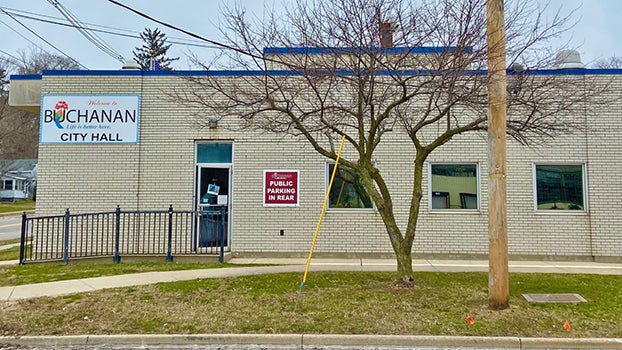Residents advised to not move firewood to prevent pest spread
Published 4:04 pm Sunday, November 26, 2017
With winter setting in and hunters heading to deer camps throughout the state, it’s an important time to remember to leave firewood at home. Firewood can move tree diseases and pests, such as oak wilt or hemlock wooly adelgid, which can quickly kill healthy Michigan Forests.
“A decade ago, emerald ash borer changed the way we talk about forest health. We don’t really see ash trees on our landscape the way we did before, and we’re always worried that it could happen to our other species, too,” said Nor Serocki, coordinator for the SWxSW Corner CISMA.
The best way to protect local trees is to keep gnawing insects, creeping fungi, and spreading diseases contained. All of these things can come along on firewood moved for campfires or wood stoves. For instance, oak wilt is a fungus that can grow through a tree, blocking the water and nutrients the tree produces. A mature red oak tree can die from oak wilt in a single season. By packing firewood for deer camp up north this could easily spread the spores of this fungus to new areas.
“Hemlock wooly adelgid is just north of us here in southwest Michigan, so we have to be careful to keep it out,” Serocki said, discussing the small, white insect that latches onto the needles of hemlocks.
Hemlock trees used to be much more common across Michigan, and are still preferred by deer in the winter.
“The dense branches and needles of healthy hemlock make for shallower snow drifts, where deer can more easily graze or run from predators. Unfortunately, HWA has destroyed other hemlock populations out east, where it’s been for years, so we have to keep it out,” Serocki said.
The general rule of thumb is that moving wood 50 miles is too far, and less than 10 miles is best for sourcing wood.
“Beetles and fungi can only move so far, but when we start moving it ourselves from our homes in Southwest Michigan to Petoskey for our camping trip, or from our cabin in the UP to down here, we can help these invaders move faster than they ever could on their own,” Serocki said.
So, for those looking to cozy up this fall, whether at home or up north, look for local wood (or certified heat-treated wood) for fires. Doing so could protect Michigan’s forests, and its animals, for years to come.






